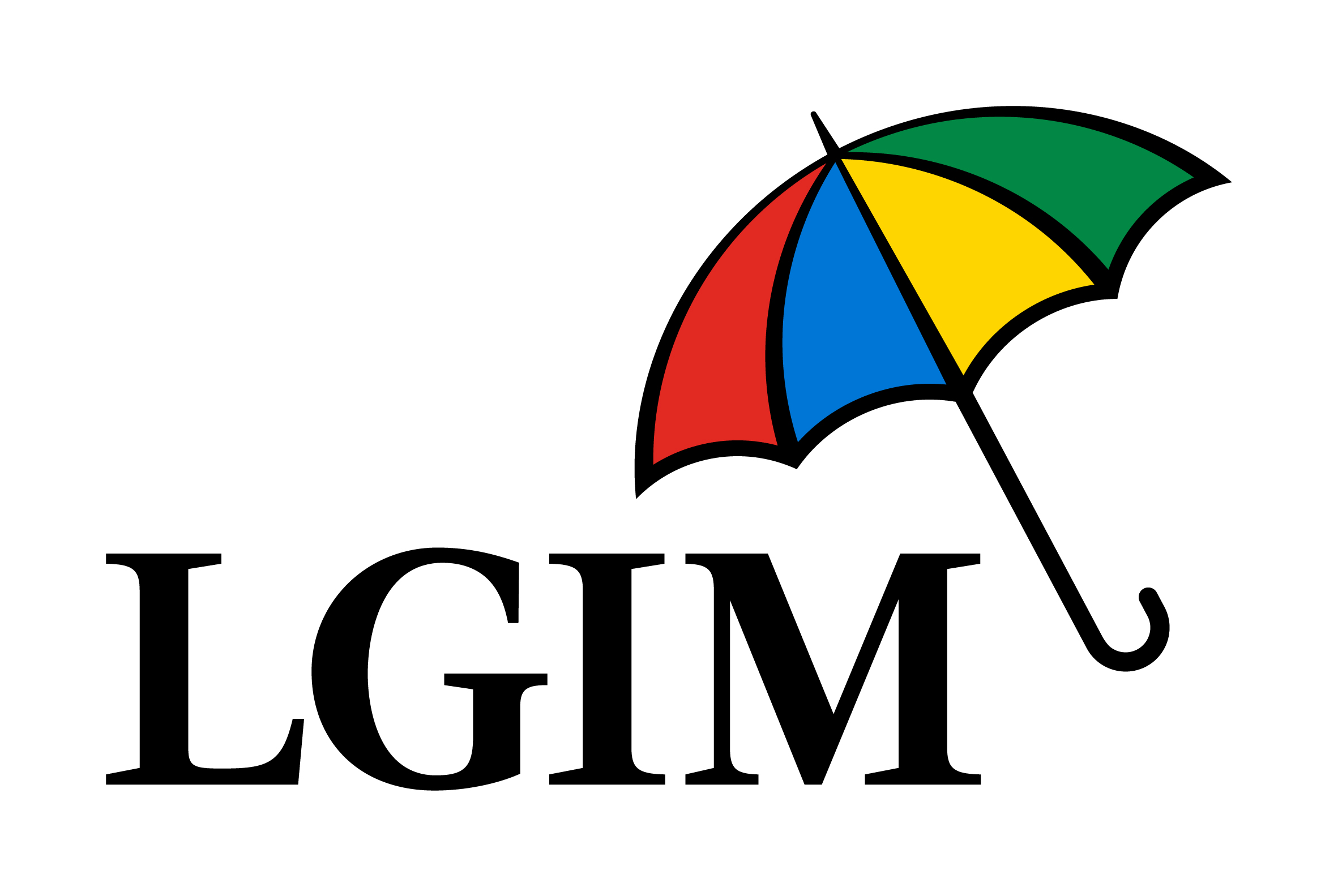It has been nearly two weeks since the deadline was last missed for the UK to leave the European Union which has been postponed until January 2020, but the UK’s equity market has performed significantly well despite Brexit negotiations going into their fourth year.
In October, it was feared either a hard Brexit was going to be agreed, a poorly negotiated deal put forward or the deadline for the separation to be postponed to next year which would go against Prime Minister Boris Johnson’s promise of pushing a deal through before 31 October.
In tandem with this uncertainty, ETFs with exposure to the UK’s equity market have seen a difficult start in the final quarter of 2019 but have since recovered.
Following the news of a potential no-deal Brexit on the cards, UK equities dropped. The L&G UK Equity UCITS ETF (LGUK) fell 4.6% in the first three days of October.
The rest of the month was spent recovering from this dip as LGUK climbed back 3.6% in response to the news of Boris Johnson agreeing on a deal with the EU.
This deal, however, would be rejected by parliament resulting in an early election being agreed to take place on 12 December and a new Brexit deadline date of 31 January 2020.
Brexit leaves wealth managers divided
Since the beginning of November, LGUK has recovered by a further 1.4%, bringing the fund’s Net Asset Value just shy of where it was at the beginning of October.
LGUK offers exposure to large-cap equities, in comparison, the iShares MSCI UK Small Cap UCITS ETF (CUKS) comprised of companies with a market cap roughly between $300m and $2bn.
CUKS similarly saw its NAV fall 3% in the first three days of October before falling by a further 1.1% the following week. These losses were quickly rectified for the small-cap firms as news of a potential agreement between Johnson and the EU on 11 October meant the ETF’s NAV jumped to new highs for the month.
Despite the deal being rejected by parliament, CUKS performance maintained a growth of 1% for the remainder of October, and a modest 0.6% in the first week of November.

LGUK (Black) and CUKS (Yellow) year-to-date performances - Source: Bloomberg
Sterling shared a high correlation with the UK equity market as long sterling ETFs bounced back in October after also stumbling at the beginning of the month.
Brexit: What happens next?
There are a handful of potential outcomes for Brexit which are all dependent on the general election which will take place on the 12 December. If Conservatives win a majority vote, it is likely the current deal will be pushed forward for Brexit to be completed by 31 January 2020.
Alternatively, if Labour were to win the majority, it is likely Jeremy Corbyn will renegotiate Johnson’s deal to then put it to a referendum to allow voters to decide whether they agree with the new deal or scrap Brexit altogether.
The Liberal Democrats has voiced its opinion of Brexit with its “Bollocks to Brexit” campaign, suggesting it would revoke article 50 and putting a stop to the divorce.
All eyes are now on the upcoming general election as each party begins their campaign for what could be the make or break of Brexit.




